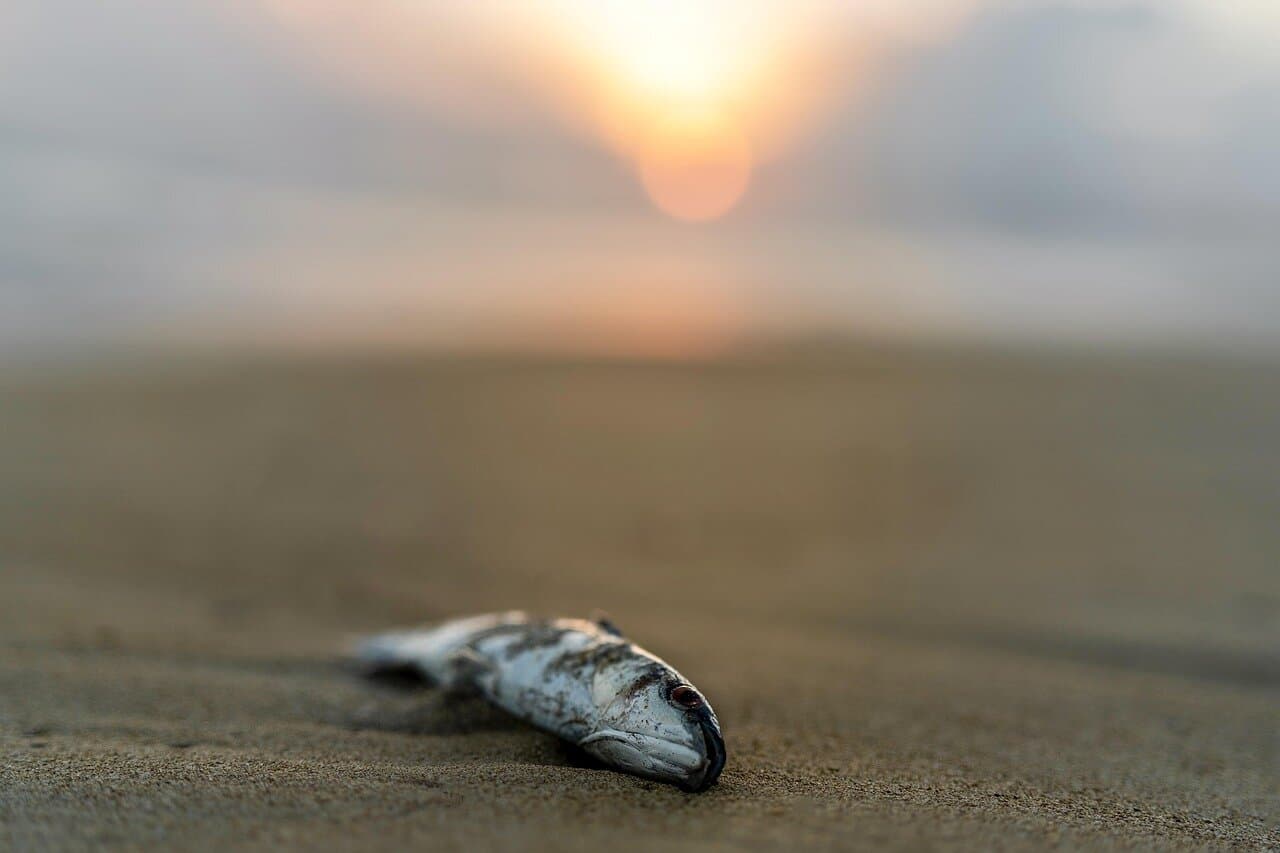In Costa Rica’s Caribbean lowlands, the Madre de Dios and Santa Marta lagoons are reeling from a mass fish kill that’s left local communities in Matina and Siquirres sounding the alarm. Dead fish, including snook, sea bass, rainbow bass, mojarra, and tilapia, have been washing up for days, with locals pointing to chemical runoff from nearby banana plantations as the cause.
Julio Knight, a tourism worker in Barra del Pacuare, has been collecting dozens of dead fish. “Some are still twitching, but they’re barely alive,” he said. “Hundreds of thousands of fish are dying. It’s got to be some chemical.” His account matches reports of putrid water and floating carcasses stretching across the lagoons.
The impact hits hard for the 100 or so families who depend on fishing and tourism. José Ugalde, a local fisherman, laid the blame squarely on banana plantations. “When it rains, all the pesticides they spray wash into the rivers and lagoons,” he said. “A hotel nearby is on the verge of closing because tourists come for fishing, and now there’s nothing left but dead fish.”
Evelin Navarro, president of the Costa Rican Caribbean Fishermen’s Association, said this is the third fish kill in eight months, but the scale this time is staggering. “From the Santa Marta lagoon to Barra del Pacuare, over three kilometers, we’ve seen hundreds of dead fish,” she said. “It’s been a week, and reports keep coming in.”
Scientific studies back the community’s suspicions. Research from the Regional Institute for the Study of Toxic Substances shows that pesticides like nematicides and herbicides, heavily used on banana and pineapple plantations, flow into the Madre de Dios watershed during heavy rains, poisoning aquatic life. The Caño Azul River, a tributary, is a major conduit for this runoff, carrying toxic chemicals into the lagoons. These waters are home to endangered manatees and fish critical for local fishing, making the loss a blow to biodiversity.
The economic toll is mounting. Fishing and eco-tourism, key to the region’s livelihood, are crumbling as polluted waters drive tourists away. “Our rivers are choking on dead fish, and ecosystems are collapsing,” the community said in a statement. “Every spill is an attack on our way of life.”
Despite the outcry, locals feel ignored by authorities. Environmental groups have raised concerns, but government action has been slow. A 2024 report noted a similar incident in the same lagoons, with no significant follow-up.
This situation casts a shadow over Costa Rica’s eco-tourism reputation. While the Costa Rican Tourism Institute promotes the country’s natural beauty, incidents like this highlight the environmental cost of intensive agriculture. For Barra del Pacuare, the fight is personal—a community battling to save its lagoons, livelihoods, and future.






